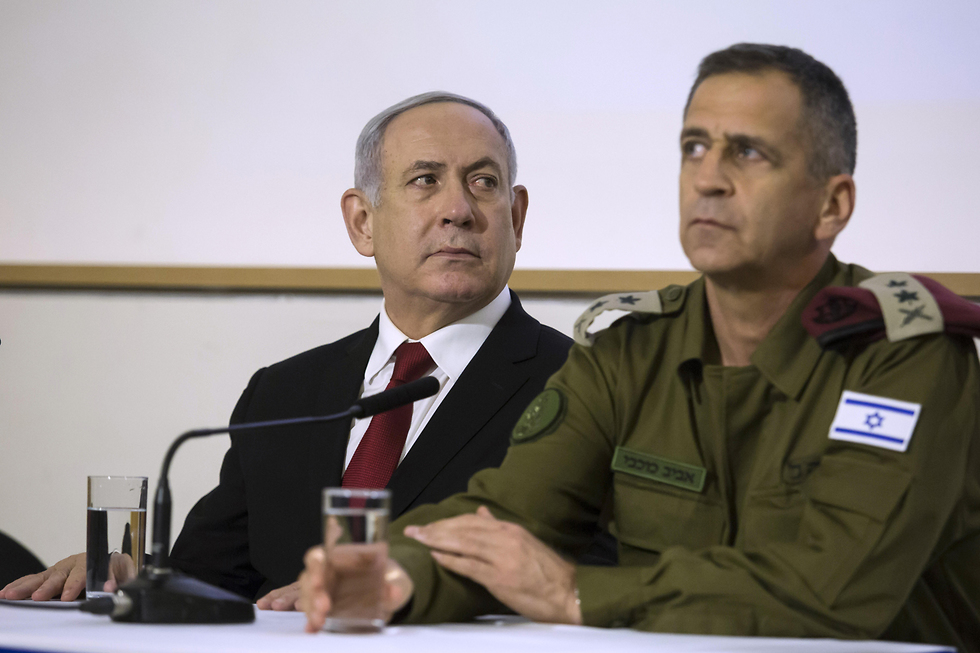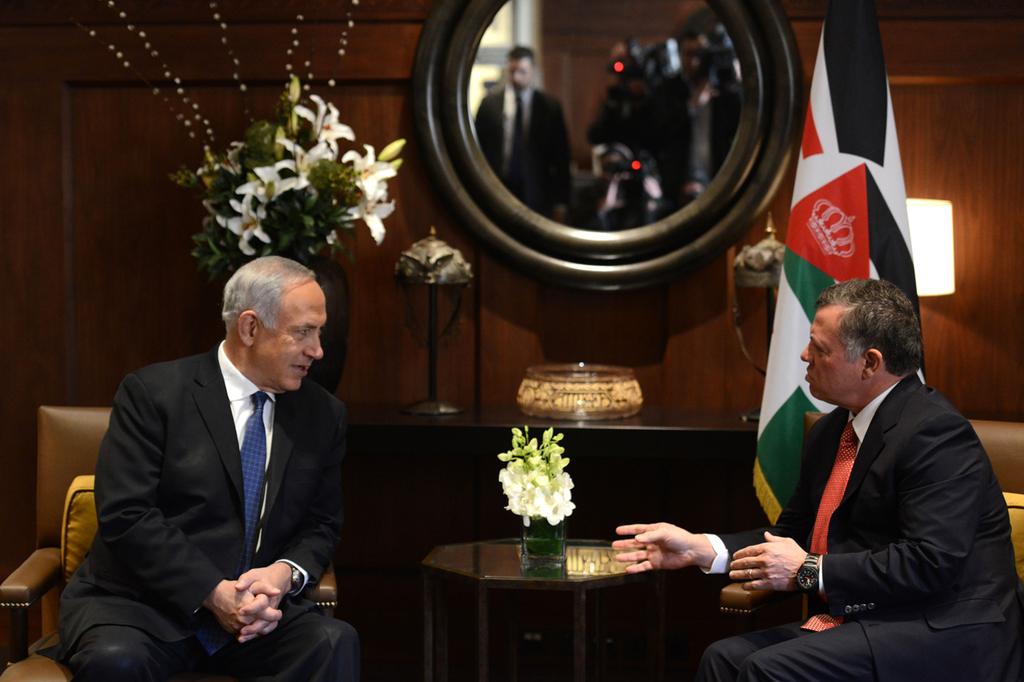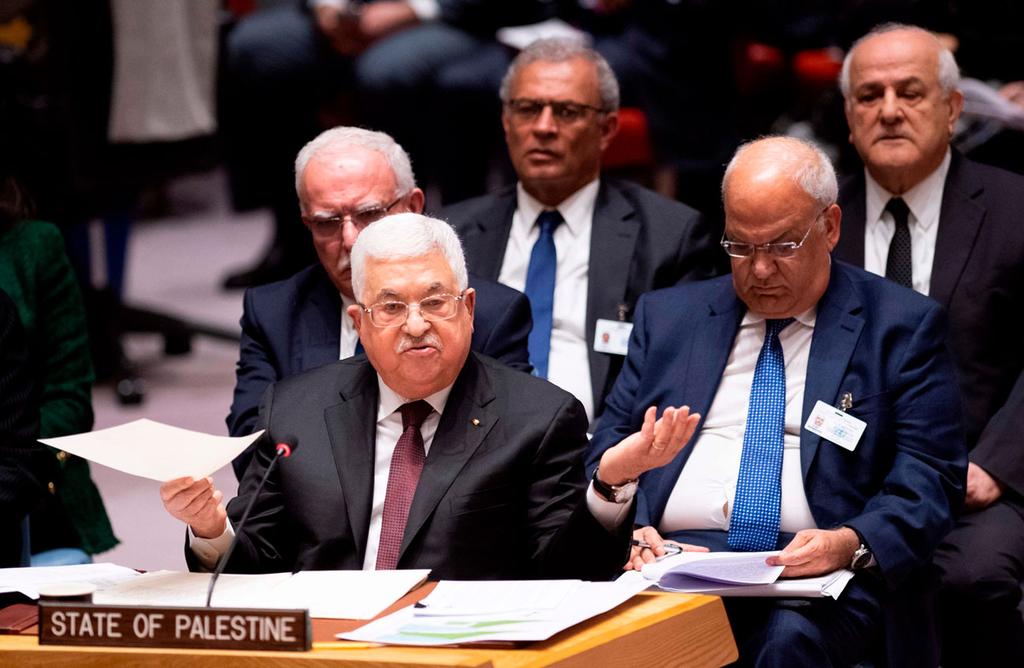Getting your Trinity Audio player ready...
Israeli political parties and their candidates for the premiership have for years barely mentioned foreign policy in election campaigns – as if the issue is unimportant, as though Israel’s standing in the world is not influenced by diplomatic developments, as if Israel’s long-term democratic and Jewish identity is not impacted by its foreign relations, as if Israel’s foreign policy has no bearing on the state’s trade and energy agreements.
Instead of dealing with foreign policy and diplomacy, Israel has over the years developed a narrow and pessimistic concept of national security, which consists of providing military-intelligence responses to specific security threats, but lacks a pro-active diplomatic approach.
4 View gallery


Prime Minister Benjamin Netanyahu and IDF Chief of Staff Aviv Kochavi
(Photo: Getty Images)
Military-defense thinking is undeniably of paramount importance to Israel’s existence and security, and preparing the IDF and other defense agencies for the many challenges they face is a critical issue, indeed.
However, every state has at its disposal a potential array of diplomatic assets that are no less essential, and sometimes even more so, to shaping its national security.
Foreign policy is not designed to complement military policy, on the contrary. Military strategy is supposed to be a derivative of foreign policy goals driven, first and foremost, by the desire to forge alliances, agreements and normalization based on a broad complex of international relations in order to preclude clashes and wars.
Israel’s aversion to formulating a comprehensive and integrative diplomatic strategy over the past decade is a mistake, at best, and neglect of its national security needs, at worst.
The leadership must shift course and place Israeli foreign policy on a pro-active path, replacing the ad hoc measures of “putting out fires” characterized by passiveness and pessimism to which we have grown accustomed over the past decade.
The next government must break out of this foreign policy bunker and emerge into the sunlight and fresh air.
Israel is crying out for a strategy that would allow it to achieve regional diplomatic arrangements, to exist within sovereign, permanent borders as a Jewish and democratic state with a distinct Jewish majority, without ruling over another people – while enjoying recognition by most countries of the world and full normalization of relations with them.
The existing Israeli paradigm is illustrated, for example, in the issue of the Gaza Strip’s future.
Israel has adopted an essentially military strategy on Gaza and its Hamas rulers, manifested in localized management of the conflict and preservation of the current situation.
However, leaders are elected to strive for change and shape a better and more promising future for their country in a responsible and sober manner. To that end, Israel’s military strategy vis-à-vis Hamas in Gaza is insufficient; a distinct foreign policy strategy is required.
After all, the Gaza issue has clear regional and global aspects, mainly as regards the humanitarian crisis afflicting the enclave and prospects of infrastructure and financial development and reconstruction using international state and institutional aid.
That is why Israel must define the broad, regional vision to which it aspires. A vision that includes normalization in the Middle East and neighborly relations with a demilitarized Palestinian state would create a context within which Israel could shape policy on various regional issues, including Gaza. However, the road to that goal invariably entails a diplomatic initiative, not a military one.
Various arrangements and mobilization of foreign aid for regional development, including of Gaza, must be set in motion.
Within the framework of such broad, diplomatic activity, a determined Israeli initiative is required to renew the diplomatic process with the Palestinian Authority, giving full consideration to Israel’s security needs.
Broader and more comprehensive diplomacy is also required to provide an overarching framework for the whole process: An Israeli initiative for regional negotiations that would include - in addition to the Palestinians - Jordan, Egypt, Saudi Arabia, Gulf states and the Arab League. Participants would commit to shouldering the burden involved in weakening Hamas and rebuilding Gaza, with the help of the international community.
4 View gallery


Prime Minister Benjamin Netanyahu meeting with Jordan's King Abdullah in Amman
(Photo: GPO/Archive)
To that end, Israel’s political leadership must first commit to preserving and protecting Israel’s future existence as a Jewish and democratic state. That means striving for separation from the Palestinians with all the attendant diplomatic implications, and ensuring Israel’s security interests and needs, both during negotiations and after an arrangement is reached.
There is no guarantee of the strategy’s success, because its implementation depends on additional elements. But its very adoption and the shift from a passive, reactive policy to initiatives on long-term solutions would benefit Israel in public diplomacy and in presenting its case in the international arena, while safeguarding its security and avoiding significant military concessions.
Nothing will change as long as Israel continues to adopt a military-defense strategy without any vision or diplomatic initiative, precludes positive change on the ground, lacks sufficient international legitimization for security activity Israel undertakes, and perpetuates the current stagnation with the Palestinians.
In the coming years, Israel should advance a comprehensive regional agreement under the auspices of the U.S. and other international players.
This agreement would take into consideration Israel’s essential, long-term security needs and promote a move to separate from the Palestinians in the context of two independent states and as part of the regional agreement.
4 View gallery


Palestinian President Mahmoud Abbas and senior Fatah official Saeb Erekat at the United Nations in New York in February
(Photo: Reuters)
It would help reconstruct Gaza, as part of an agreement with the Palestinians and with the support of the international community (including Arab states); develop a public diplomacy and foreign policy strategy in case an agreement with the Palestinians will not be feasible even after Israel makes an effort to achieve one.
The plan should also adopt a “carrot and stick” diplomatic strategy that includes potential deterrence and incentives vis-à-vis significant regional powers, mainly Iran and Turkey. It should restore bipartisan American support for Israel, taking into account the changes in U.S. politics and society, including within the Jewish community there and work to consolidate Israel’s relations with current and emerging global powers, such as Russia, China and India.
A compelling, relevant foreign policy approach must be developed as a key layer of Israel’s national security. At the same time, it is vital for Israel’s next government to rehabilitate and strengthen the country's Foreign Service.
Dr. Ronen Hoffman is an expert on governance and foreign policy at the Interdisciplinary Center Herzliya, and a former Member of Knesset. This article was written for Mitvim – The Israeli Institute for Regional Foreign Policies


